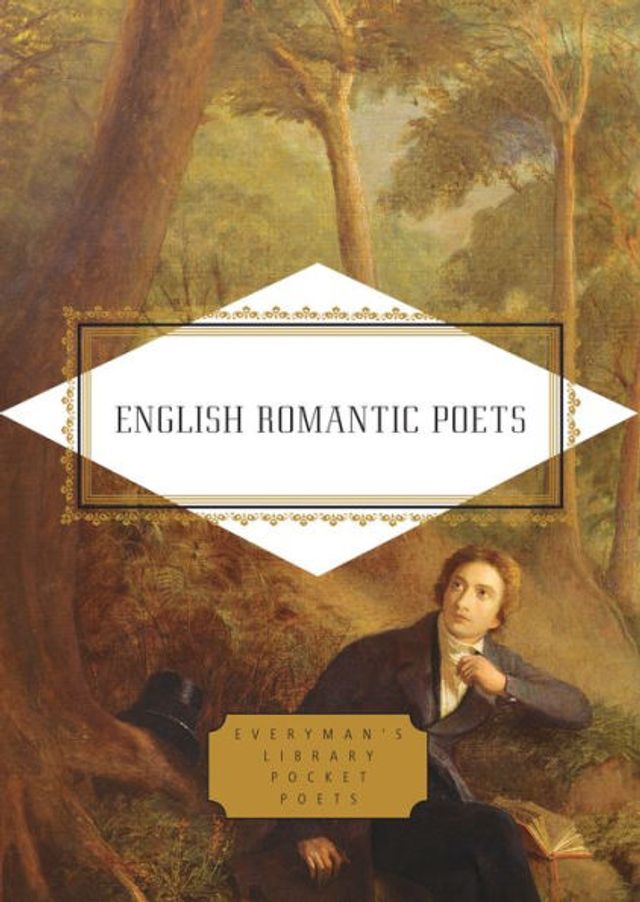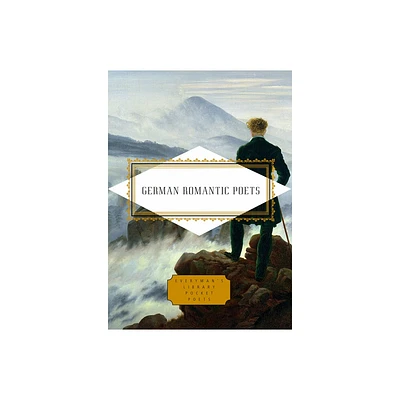Home
Romantic Poets and the Laughter of Feeling
Loading Inventory...
Barnes and Noble
Romantic Poets and the Laughter of Feeling
Current price: $105.00


Barnes and Noble
Romantic Poets and the Laughter of Feeling
Current price: $105.00
Loading Inventory...
Size: OS
*Product Information may vary - to confirm product availability, pricing, and additional information please contact Barnes and Noble
The Romantic period witnessed decisive interest in how feeling might align with forms of artistic expression. Many critical studies have focused on the serious side and melancholic moods of Romantic poets.
Romantic Poets and the Laughter of Feeling
instead embraces the sublime and the ridiculous to offer an original and compelling new reading of British Romanticism. It reveals the decisive role laughter and the laughable play in Romantic aesthetics, emotions, and ethics.
Matthew Ward shows that laughter was one of the primary means by which Romantics embraced and expanded upon, but also frequently aped and lampooned, sympathetic feeling. The laughter of feeling is both the expression of sympathy and an articulation of its implications, prejudices, and constraints. For Romantic poets like Wordsworth, Shelley, and Keats, the sound of laughter carries the hope that greater knowledge of others derives from feeling for and with them through poetry, and this might lead to a better understanding of oneself. Yet laughter also makes these poets acutely aware that our emotional lives are utterly unfamiliar and perhaps ultimately unknowable. Their prosody of laughter enlivens and exposes; it embodies their sense of—and ambitions for—poetry, and yet calls those matters into the most comical and gravest doubt. Laughter helps define what it is to be human. This book shows that it also defines what it is to be a 'Romantic' poet.
Romantic Poets and the Laughter of Feeling
instead embraces the sublime and the ridiculous to offer an original and compelling new reading of British Romanticism. It reveals the decisive role laughter and the laughable play in Romantic aesthetics, emotions, and ethics.
Matthew Ward shows that laughter was one of the primary means by which Romantics embraced and expanded upon, but also frequently aped and lampooned, sympathetic feeling. The laughter of feeling is both the expression of sympathy and an articulation of its implications, prejudices, and constraints. For Romantic poets like Wordsworth, Shelley, and Keats, the sound of laughter carries the hope that greater knowledge of others derives from feeling for and with them through poetry, and this might lead to a better understanding of oneself. Yet laughter also makes these poets acutely aware that our emotional lives are utterly unfamiliar and perhaps ultimately unknowable. Their prosody of laughter enlivens and exposes; it embodies their sense of—and ambitions for—poetry, and yet calls those matters into the most comical and gravest doubt. Laughter helps define what it is to be human. This book shows that it also defines what it is to be a 'Romantic' poet.


















